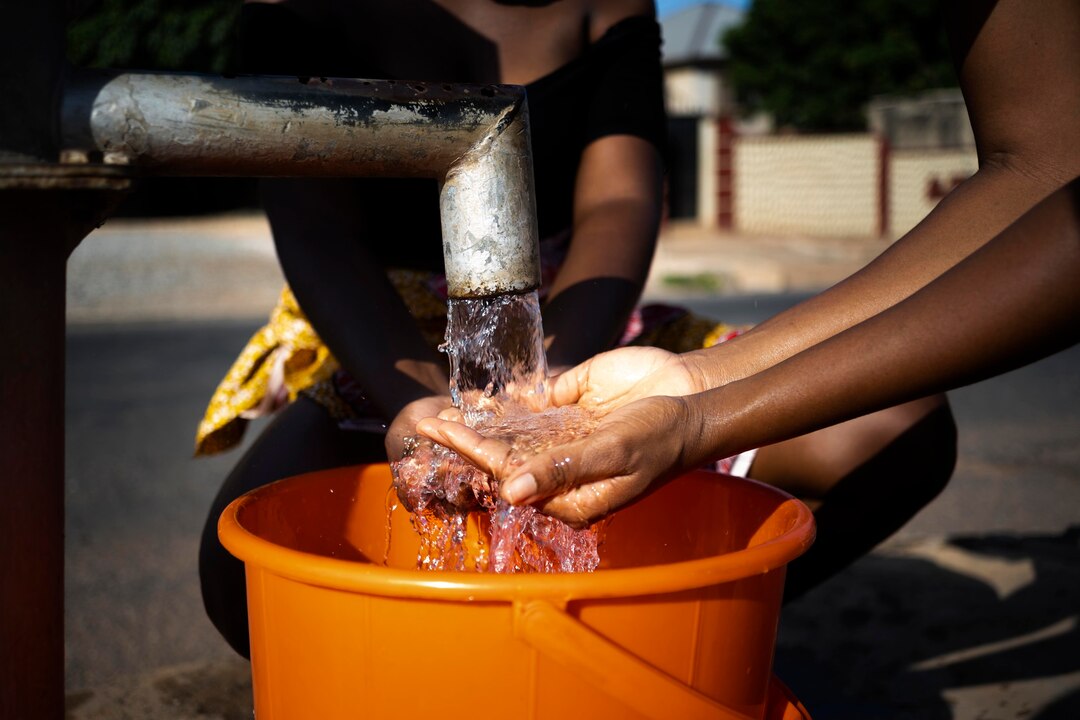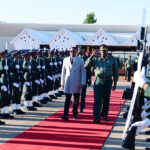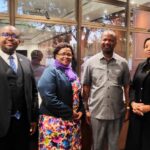The Water Utilities Corporation (WUC) is taking bold steps to address Botswana’s ongoing water scarcity by considering the recycling of sewage water for human consumption. This initiative comes in response to the country’s persistent droughts and inconsistent rainfall patterns, which have put immense pressure on water resources.
WUC Chief Executive Officer Gaselemogwe Senai revealed that the corporation has completed trials to test the feasibility of recycling sewage water. He emphasized that this initiative aims to ensure sustainable water supply amidst the unpredictable weather conditions. “With the country experiencing constant spells of drought and erratic rainfall, there is a need to store and recycle water to secure the future,” Senai explained.
The trials conducted by WUC have been successful, demonstrating that recycled sewage water can meet safety and quality standards for human consumption. According to Senai, the water will be stored and managed under strict regulations to ensure public health and safety. This approach is part of WUC’s broader strategy to diversify water sources and adapt to the increasing challenges posed by climate change.
Recycling sewage water, often referred to as water reclamation, is not a new concept globally. Countries like Namibia and Singapore have already implemented similar programs, showcasing how technology and innovation can be used to alleviate water shortages. The process involves treating wastewater to remove contaminants, making it safe for drinking and other uses.
Community Concerns and Engagement
While the initiative is a proactive response to Botswana’s water crisis, it is likely to spark discussions among the public. Recycling sewage water for consumption often faces resistance due to misconceptions about its safety and quality. Senai highlighted the importance of community engagement and education to ensure that Batswana understand the rigorous processes involved in water treatment.
“We are committed to transparency and will work closely with the public to address any concerns. Ensuring the safety and trust of our people is our top priority,” he said.
Securing Botswana’s Water Future
Botswana has faced water shortages for years, with urban and rural areas alike experiencing the effects of drought. The reliance on rainfall and surface water sources has proven unsustainable, especially as demand for water continues to grow. By recycling water, WUC aims to create a reliable, drought-resistant water supply that reduces dependence on natural rainfall.
This initiative is part of WUC’s broader vision to ensure water security for Botswana’s population and economy. It complements ongoing projects such as dam construction, desalination studies, and groundwater exploration.
Looking Ahead
As WUC moves forward with its plans, the success of recycling sewage water will depend on public acceptance, government support, and investment in advanced treatment technologies. If implemented successfully, Botswana could join the ranks of countries that have turned wastewater into a valuable resource, securing a sustainable future for its people.
This innovative approach could pave the way for a new era of water management in Botswana, transforming challenges into opportunities for growth and resilience.










